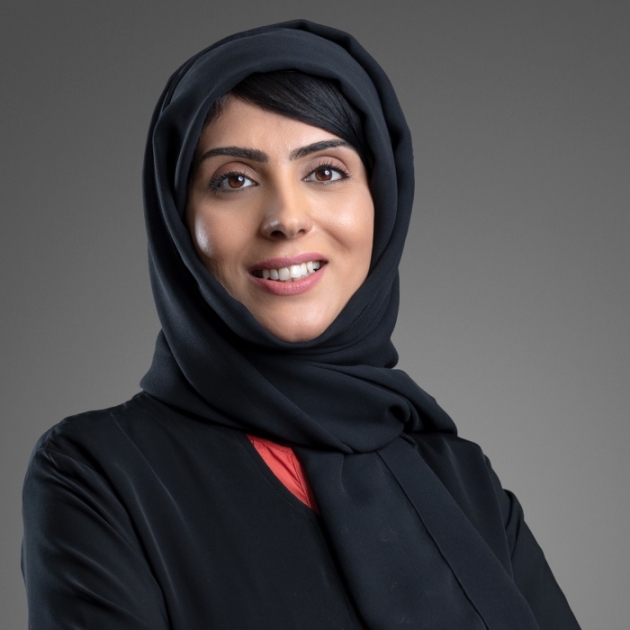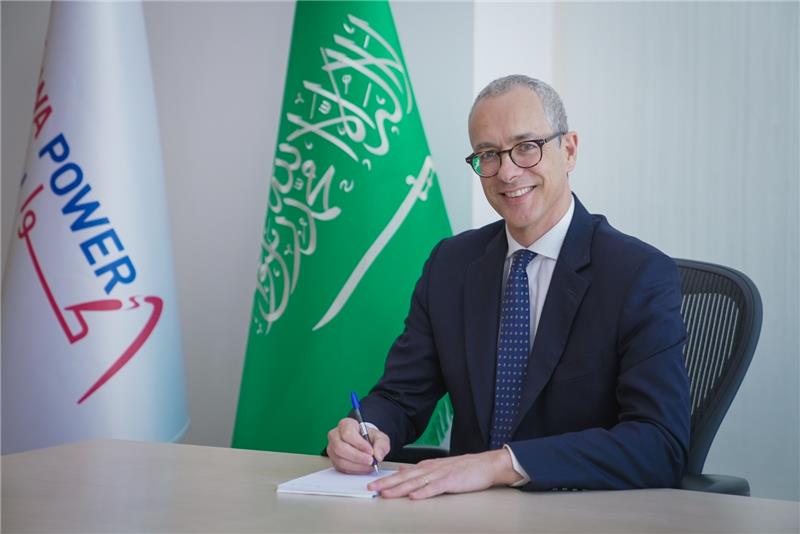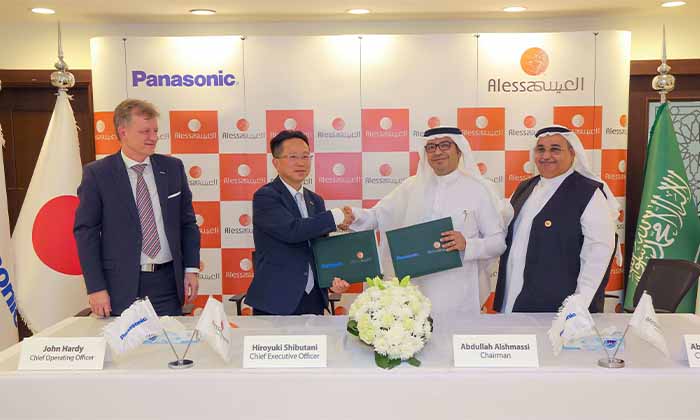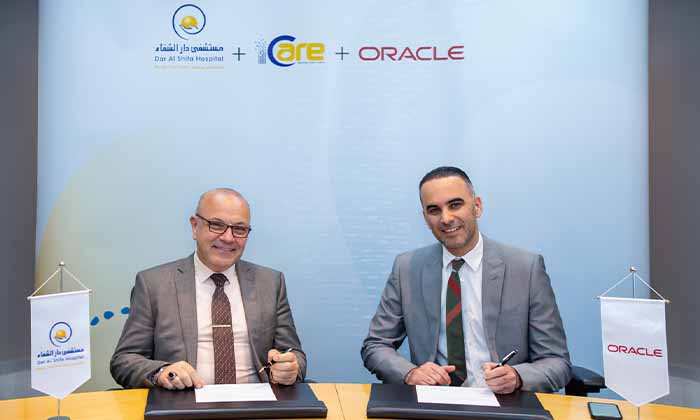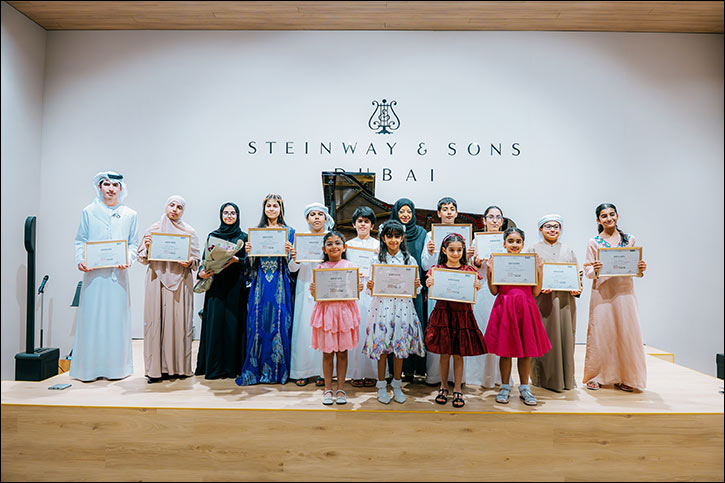The Department of Community Development in Abu Dhabi confirms that the celebration of the International White Cane Day, which falls on October 15 of each year, aims to recognize the achievements and potential of people of determination with visual disabilities and their ability to participate effectively in various aspects of life, as the white cane is an essential tool that gives people of determination with visual disabilities the ability to achieve a full and independent life and is therefore considered a symbol of the independence of the blind and their ability to move safely on their own.
In line with the Abu Dhabi Strategy for People of Determination, this observance focuses on enhancing the active role of people with visual disabilities to promote community development and re-affirms the importance of raising community awareness on the rights of people with visual disabilities and the duty to provide them with all services and supports.
Her Excellency Dr. Layla Alhyas, Executive Director of the Community Development Sector at DCD, expressed that by celebrating the International White Cane Day, the intention is to highlight the rights of people with visual impairment to live the life of their choice and to achieve a dignified and independent life. This reflects the national commitment to the inclusion agenda of People of determination and it demonstrates the growing awareness of the importance of including and empowering people of determination with visual disabilities into society and asserting their right to participate in building the society. The day further highlights on the -importance of ensuring that appropriate resources, tools, services, and arrangements are made available, to enhance their capabilities and provide them the opportunity to thrive in their community as active and productive members.
Her Excellency Dr. Layla Alhyas, Executive Director of the Community Development Sector at DCD
Al-Hyas stated that the Department of Community Development in Abu Dhabi is constantly seeking to strengthen efforts to support and promote the inclusion of all people of determination, guided by the vision of the wise leadership by providing all the necessary support, action plans and effective implementation mechanisms.
Al Hyas pointed out that the Abu Dhabi Strategy for People of Determination, launched by the Department with the participation of more than 28 local and federal government entities, covers all the life stages of people of Determination and includes key areas including Health and rehabilitation, education, employment, social care and protection, and Universal access that ensures participation in public social, sports, cultural, entertainment, tourism, and enablers. Furthermore, Al-Hyas also emphasized that the DCD is working to implement this strategy in partnership with 12 main government entities and in cooperation with various sectors in the Emirate of Abu Dhabi with the aim of raising the community awareness and understanding about people of determination through a human rights perspective, while stressing that the responsibility for including and empowering people of determination is the everyone’s responsibility in the Emirate of Abu Dhabi. This will contribute to achieve the main objective of the Department of Community development, which is to form the nucleus of a tolerant and inclusive society for all groups.
The international White Cane Day is a dedicated observance to support people of determination who have visual impairments. It strives to increase awareness on their rights, address the issue of their social isolation, and educate the community on how to provide assistance to blind people crossing the street. The white cane is a symbol of people with visual impairment and suggests that the individual has the skills and the ability to be independent with the help of the white cane, as it allows the individual to move freely and safely from place to place. Promoting this awareness and culture among people helps to create an accessible and inclusive environment for people of determination who are visually impaired.
